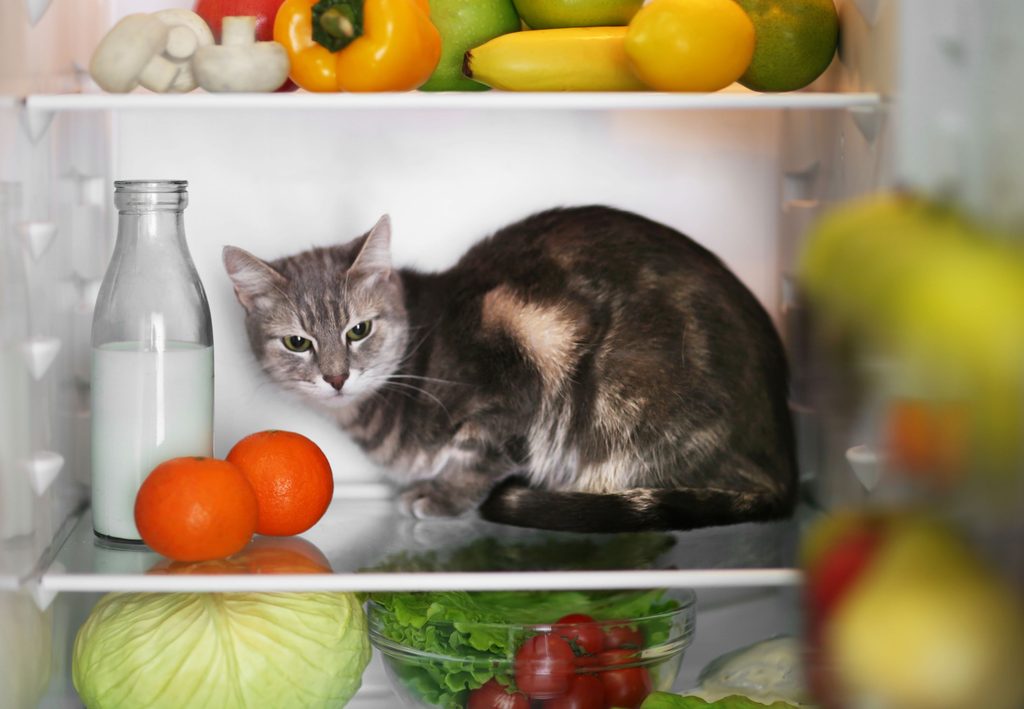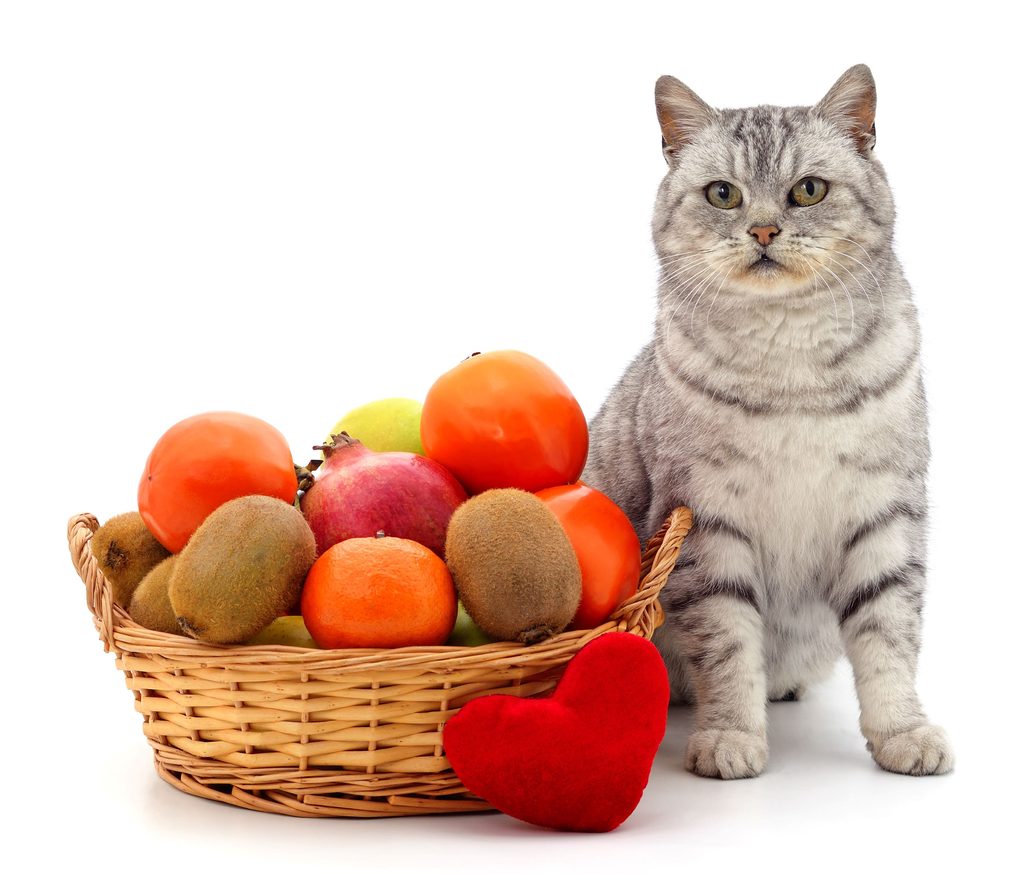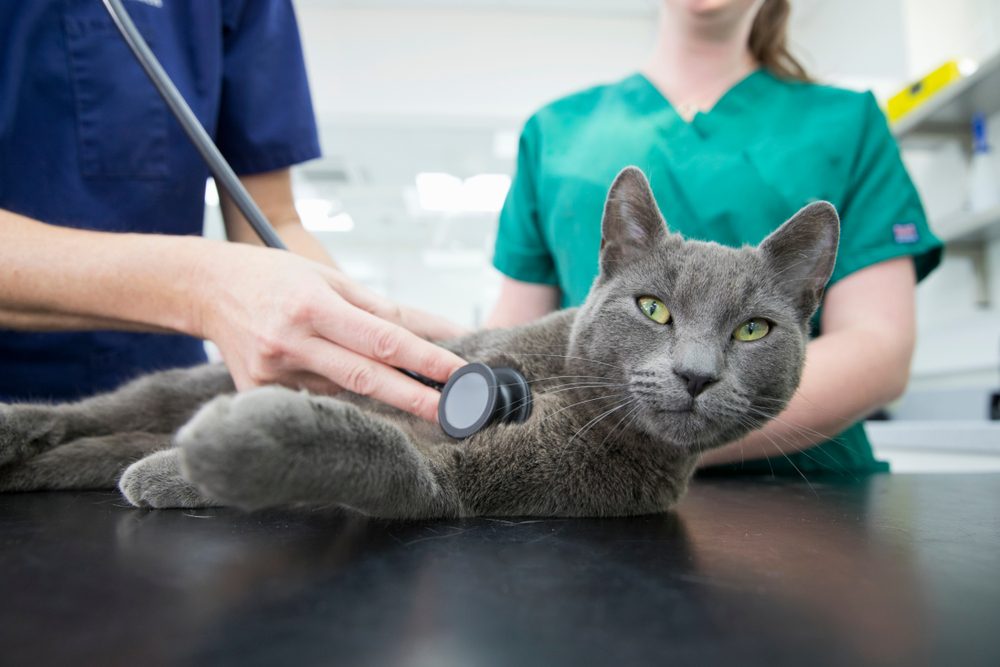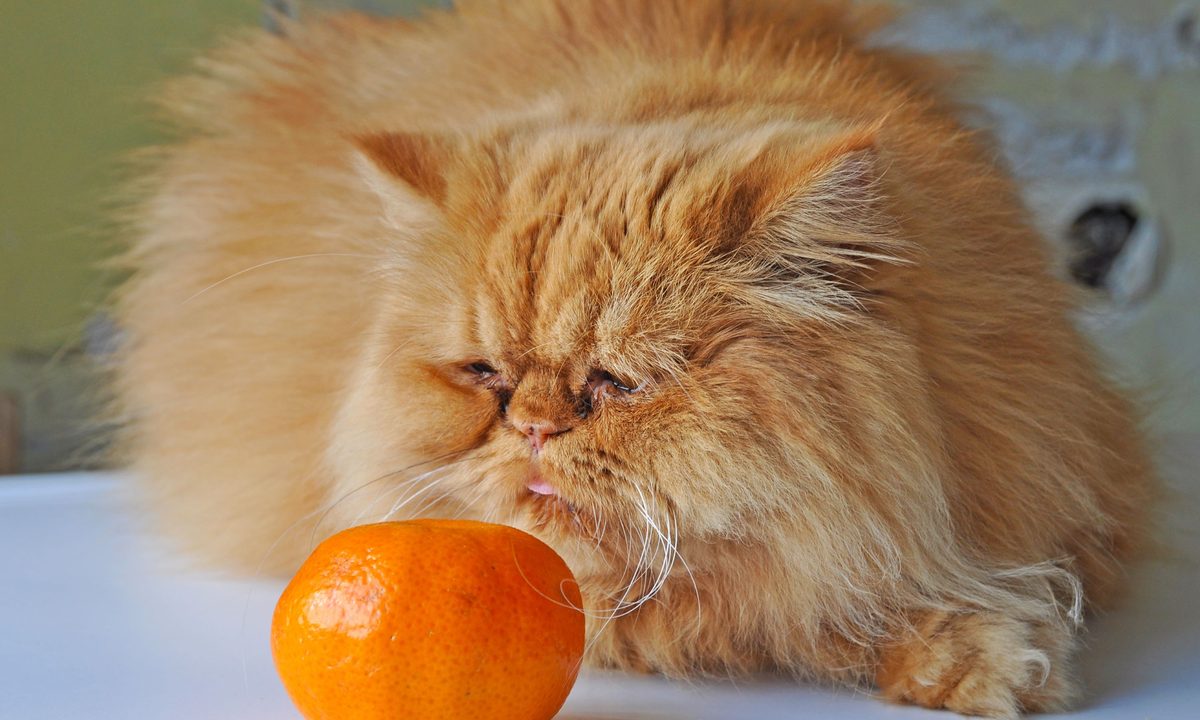Breakfast is the most important meal of the day for people, but I think that hungry felines feel the same way. Many cats start their day with a small meal, but some prefer to beg for yours instead. And when they look at you with those big, pleading eyes, it can be hard not to give them a bite. Before you share anything, though, it’s important to know which breakfast foods are safe and unsafe to share with your feline friend.
Some foods are obviously in one category or the other, but some are less clear. For example, can cats eat oranges? There are many fresh fruits that cats can munch on in moderation, but how can you tell if this citrus is one of them? Don’t worry — we’ll break it down for you here!
Can cats eat oranges?

There’s no doubt that oranges are healthy for humans with their vitamin C and antioxidants, but you may be surprised to learn that it’s not the same for cats. In fact, it’s the opposite! Cats should not eat oranges, even in small amounts, despite their refreshing taste and nutritional qualities.
And unfortunately, that includes orange juice. This breakfast staple does more harm than good when consumed by cats, but there is a silver lining. The naturally accruing chemicals in citrus fruits like oranges are naturally deterring for most cats, so it’s not likely that your kitty will be determined to lap up your orange juice every day.
Why oranges are bad for cats

But why is this fruit so bad for cats? Oranges may be packed with vitamins and minerals, but they’re also high in sugars, acids, and chemicals that are toxic to your kitty.
The biggest danger to cats is the chemical compounds and essential oils found in oranges. Limonene and linalool are the main compounds to worry about, but they’re mainly found in orange peels. That means you’ll need to store any orange peels out of reach of prying paws if you like to keep them for cooking or crafts. Even seeds, stems, and leaves contain trace amounts of these compounds.
The peel, seeds, and flesh also contain chemicals called psoralens. While many toxins cause digestive issues or fever, these cause sensitivity to the sun. If your cat likes sitting in the window (or if they’re an outdoor cat), their skin may start to become red and irritated after ingesting this chemical.
Like many other fruits, oranges are also high in sugar. Cats’ bodies aren’t meant to metabolize sugar in the same way people can, so even small amounts of sugar can lead to health concerns like weight gain over time. This can be even more dangerous for cats with diabetes, as sugary fruits can cause a spike in blood sugar.
As anyone who’s dealt with acid reflux knows, citrus fruits are also high in acid. This is fine for most people in moderation, but for cats, it can cause a variety of uncomfortable digestive troubles.
What to do if your cat eats an orange

While a hungry cat will most likely learn their lesson after one sniff of an orange, some may actually try to take a bite. Luckily, ingesting an orange usually only results in stomach upset, but you may also notice troublesome symptoms like:
- Vomiting
- Diarrhea
- Skin irritation
- Lethargy
- Slowing down of the central nervous system
It can be difficult to gauge how much orange your cat needs to consume to cause a medical emergency, so it’s advised to call your veterinarian or a pet poison control helpline if your cat is showing symptoms of orange poisoning after they’re believed to have been in contact with the plant or fruit.
You can call the Animal Poison Control Center at 888-426-4435 or the Pet Poison Helpline at 855-764-7661.
Don’t worry! Oranges may be common on your breakfast table, but you can keep your cat safe by staying vigilant whenever you’re enjoying a citrus fruit. You may consider moving orange trees if you have a curious curious outdoor cat, but you can also take a deep breath knowing that oranges are natural feline deterrents, too.





